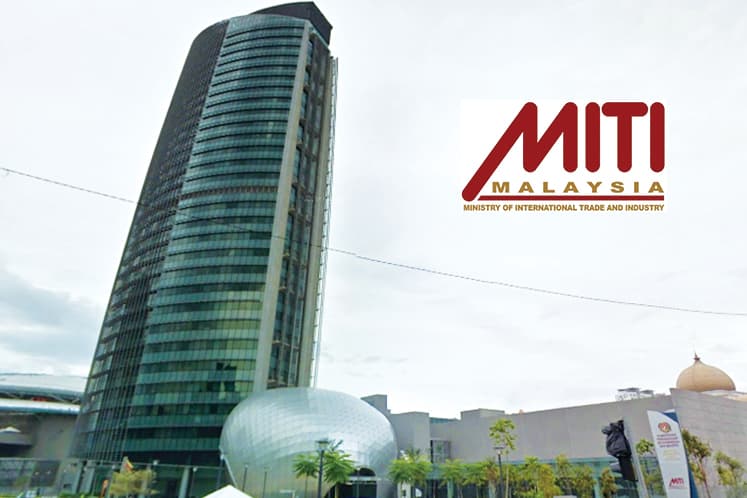
This article first appeared in The Edge Financial Daily on April 17, 2020
KUALA LUMPUR: The ministry of international trade and industry (Miti) has released its amended list of essential services allowed to operate during the movement control order (MCO) period, along with the standard operating procedures (SOPs) to be obeyed by these businesses.
It is noted the list of services to resume is similar to the previous list it released, except for barber shops, hairdressing salons and opticians, which have since been removed from the list.
The latest extended list of essential services includes the automotive, tooling and machinery, aerospace, construction and construction-related as well as scientific, professional and technical industries. The list also includes research and development; social health and registered traditional medicine services; hardware, electrical and electronic stores involved in wholesale and retail; and laundry services.
“Companies in the sectors allowed to operate must adhere to the set SOPs for their respective sectors. The allowance to resume operations is also subject to adhering the guidelines set by the ministry of health (MoH) and those of other authoritative agencies,” said Miti in a statement.
The ministry has made it mandatory for companies resuming operations to provide a list of employees on duty during the MCO period and that these employees’ movements are limited to the journey from their homes to work premises.
Each company must do a temperature check and also check for symptoms such as coughing, sore throat or respiratory difficulties. The relevant readings must be kept for at least three months, for future reference.
The ministry will be working with the ministry of human resource via the Social Security Organisation (Socso), whereby employees are required to undergo Covid-19 testing, to ensure employees do not have the virus.
Meanwhile, the construction industry will be subject to the guidelines imposed by the ministry of works and the Construction Industry Development Board (CIDB), including limiting workers to a minimum level or no more than 50% of the required workforce.
These companies must also give full cooperation to the MoH in undertaking contact-tracing of infected workers and also provide transportation for workers, taking note of social distancing requirements, with the vehicles used to be sanitised before and after usage.
The companies must explain the guidelines in handling Covid-19 to their value chains as well. If a company provides centralised labour quarters (CLQ) for its workers, the company must obey the CLQ and construction workers’ accommodation guidelines, outlined by the CIDB and other relevant agencies.
These requirements will be enforced by a team comprising the Public Works Department, the CIDB, local authorities and the Department of Safety and Health.